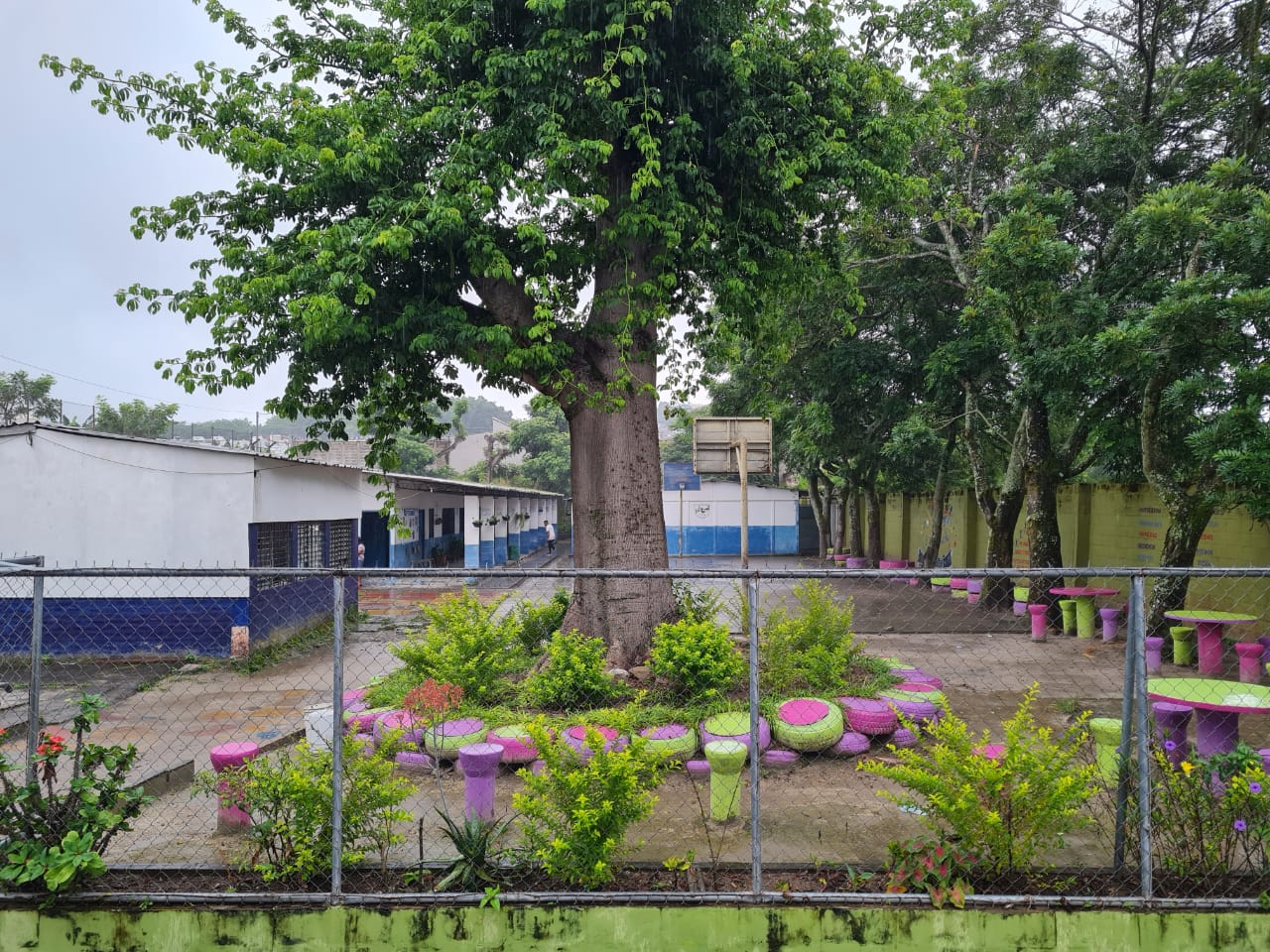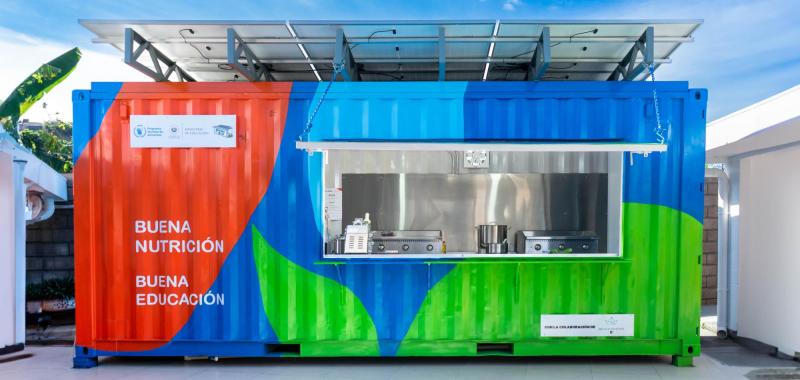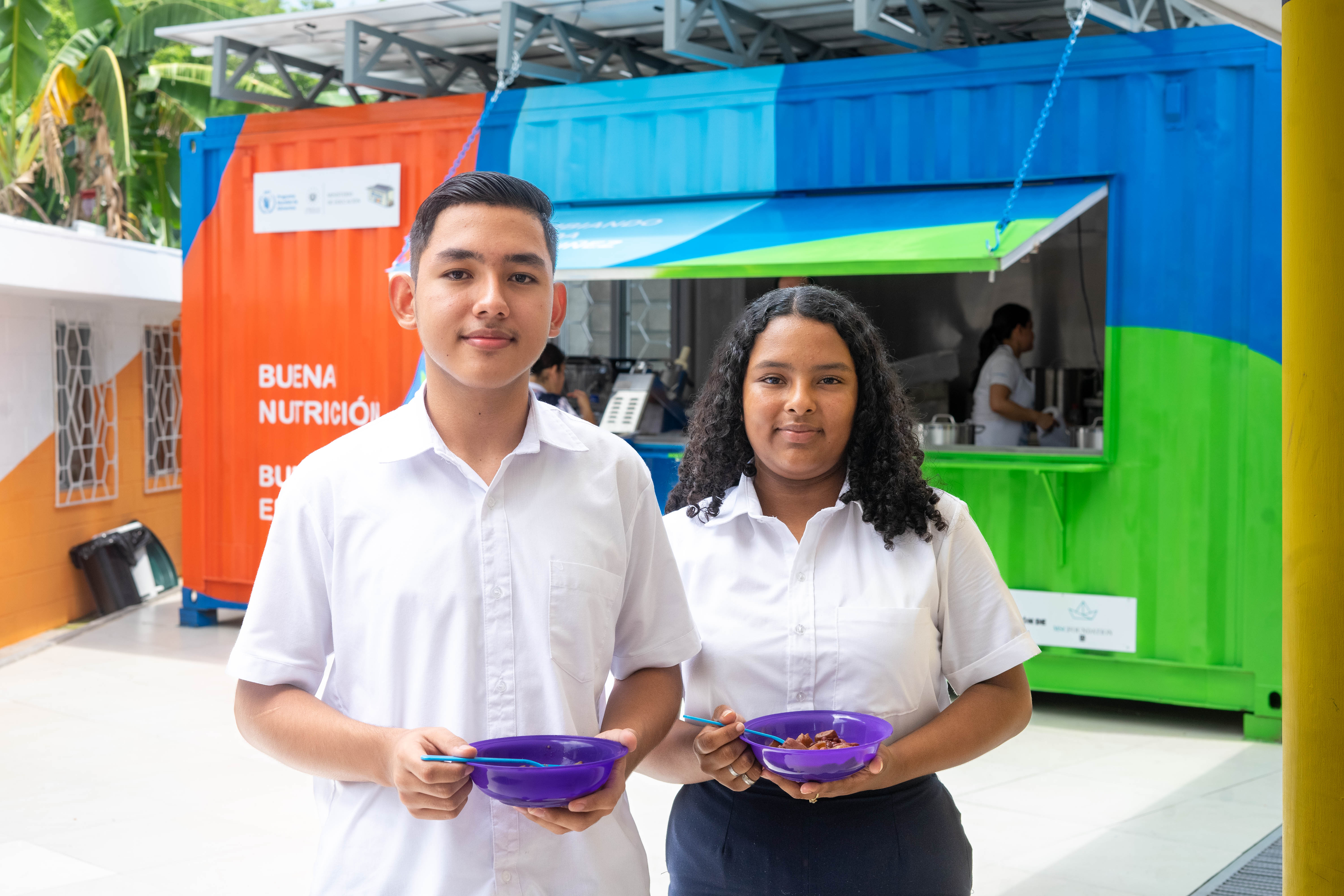In El Salvador, 80 percent of schools do not have a canteen or lunch room, and only 14 percent have a temporary space assigned for the preparation of school meals. This accounts for more than 700 schools and 154,000 students nationwide. Furthermore, school meals are often prepared using makeshift wood-burning stoves, which pose a substantial risk of contamination, foodborne diseases and malnutrition to children, adolescents and the cooking staff. Current conditions do not allow schools or the government to optimize their school meal programmes to contribute to the physical well-being and learning capacity of students.





